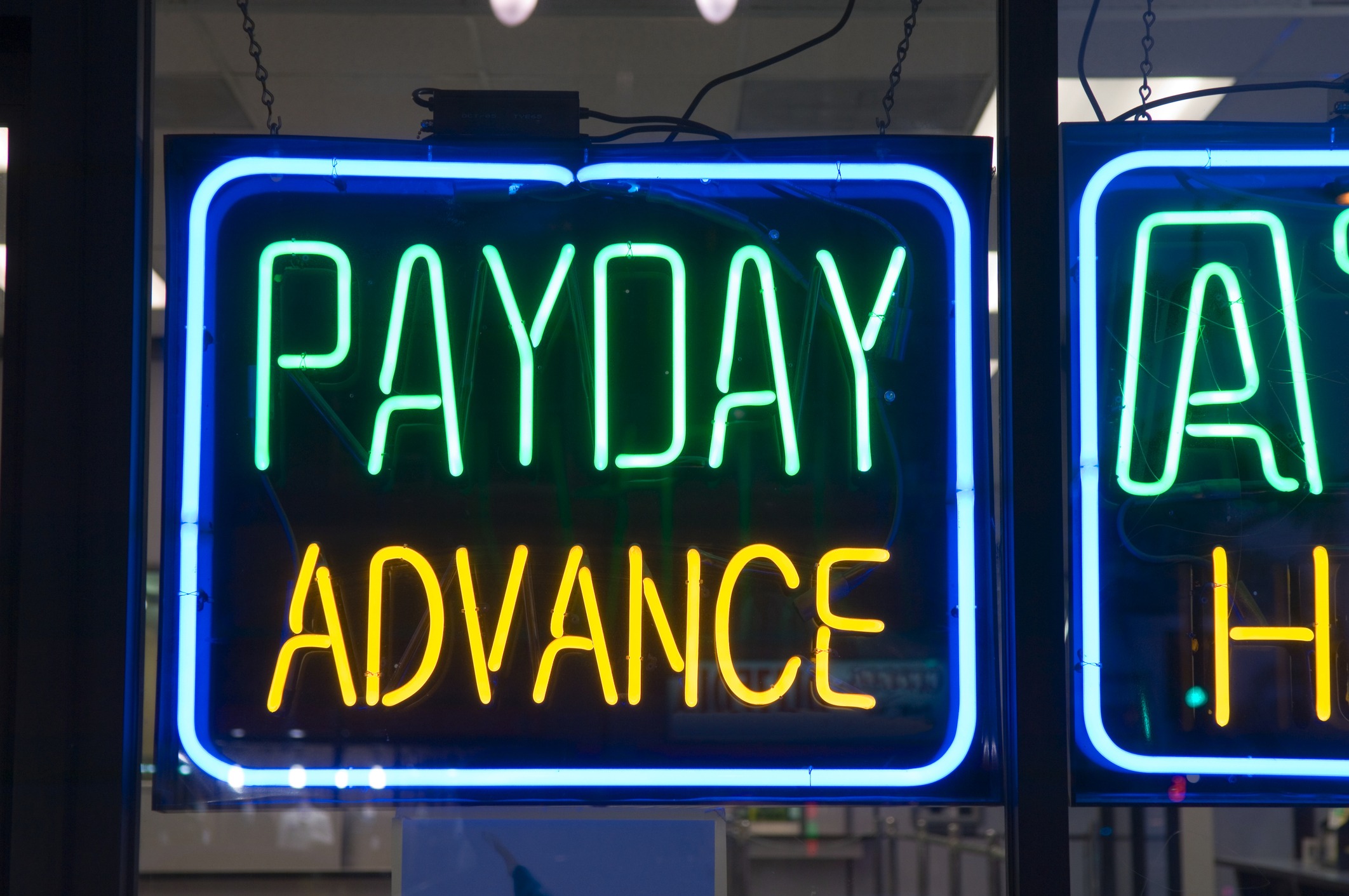Fixed vs. variable: how to decide which mortgage rate is right for you
Coffee or tea, french fries or salad, Leafs or Canadiens—some choices in life are clear-cut.
When it comes to deciding between a fixed or variable mortgage rate, on the other hand, not so much.
And all that Googling you’re doing probably isn’t going to make that decision any easier.
The Internet is analogous to a Pandora’s box of conflicting information. Some sites are all about the ‘safety’ of a fixed-rate, while others tout the freedom of going ‘variable’.
How do you ultimately decide which option is right for you?
“First you need to truly understand the difference between fixed and variable,” recommends Educators Mortgage Agent Level 1 – Mortgage Specialist, Federica Screnci. “Sure that sounds simple enough. Yet far too many people are making mortgage decisions based on opinions they’ve heard from a friend or read online. But opinions are subjective and don’t necessarily translate to someone else’s unique needs, goals, or budget. These are all very important things to consider, which is why I suggest speaking with a mortgage agent before making any final decisions when it comes to your mortgage.”
To Federica’s point—what are the main differences between fixed and variable?
| Fixed mortgage rate | Variable mortgage rate | |
| Description | Interest rate and payments are fixed. This is locked in for the duration of the mortgage term. | Interest rate and payments are not fixed over the term, and can fluctuate according to the prime rate. |
|
Pros |
Interest payments remain the same, regardless of whether the prime rate rises/falls. This offers predictability and stability over the term (you will know exactly how and when your mortgage will be paid in full). |
Starting interest rate tends to be lower than fixed. If the prime rate falls, more of the payment will go towards the principal (variable rates have historically proven to be less expensive over time however, with today’s low interest rates, the gap between variable rates and fixed rates is shrinking). Can convert to fixed at any point. |
|
Cons |
Interest rates can be slightly higher than variable. Plus you’re locked in for the duration of the mortgage term. Penalties also tend to be costlier (should you break your mortgage before the term is up). |
If the prime interest rate happens to go up, less of your mortgage payment will go to the principal, which could possibly lengthen your amortization (the number of years you’ve selected to repay the mortgage in full). |
As you can surmise from the above chart, there are benefits and caveats to both options.
A fixed-rate mortgage provides the peace of mind that interest payments will remain the same. Yet it doesn’t extend the flexibility that variable offers when it comes to being able to switch out (I.e. once you go ‘fixed’, you’re locked in for the term and breaking out of it early can be costly). Whereas with a variable-rate mortgage, you’re free to convert to fixed at any point. Plus interest rates are usually lower with variable, but would increase if the prime rate rises (which could possibly prolong your amortization).
So you see, there’s definitely a lot more to the ‘fixed vs. variable’ discussion than just rate.
This is where Federica’s advice regarding considering your mortgage needs, goals, and budget comes in.
“If you’re leaning toward a fixed mortgage because you crave security when it comes to your budget, then by all means, ‘fix it’ and forget it,” says Federica. “However, if you think there’s the slightest chance that you’ll break your mortgage before the term is up, consider going variable instead. Because you don’t want to be stuck paying a super high prepayment penalty just to get out of a mortgage you only need for the short-term vs. the long haul.”
What ‘prepayment penalty’ is Federica referring to?
In this instance, she is referring to the cost associated with breaking a mortgage before the end of the term.
The type of mortgage you have, will dictate the kind of penalty you would have to pay.
- Fixed mortgage: Comes with the highest penalty, which is typically calculated based on the interest rate differential or IRD (the difference between the rate you originally locked in at—and the interest rate that can now be charged by your lender). This can be a very tricky one to calculate, so be sure to ask your lender to give you a clear breakdown of IRD costs (should they apply).
- Variable mortgage: The penalty on breaking this one is much easier to swallow—usually the equivalent of three months of interest payments*.
In addition to prepayment penalties, there could be other costs associated with breaking your mortgage (I.e. administration fees, discharge fees, etc.). Plus if you have a cash back mortgage, you may also have to repay any funds (or ‘cash back’) you received at the beginning of the term.
Federica’s tips for reducing/avoiding prepayment penalties:
- Maximize any prepayment privileges that are included in your mortgage term contract (any future prepayment penalties will then be based on a lower mortgage balance)
- If you don’t have prepayment privileges, wait until the end of your term to make a lump-sum mortgage prepayment (which you should be able to do without incurring a penalty)
- To save you from breaking your mortgage (and paying a penalty) if you end up buying a new home before your current term is up, ask your lender if you can port your existing mortgage (this involves transferring your current rate/terms/conditions to the new home)
Beyond ‘fixed’ and ‘variable’, there are also variations of the two available.
|
Open variable: |
Make as many prepayments as you want, pay off the entire balance, or switch to another term at any time—all without having to pay a penalty. Ideal if you’re higher on the pay grid (I.e. your cash flow allows for making large, lump-sum mortgage payments) or planning on selling your home sooner rather than later. Note, however, that interest rates tend to be higher than closed rate options. |
| Closed variable: | Payments on a closed variable are not set for the term, and may change based on rate changes. To decide whether this is the right mortgage for you, be sure to ask your lender whether you can make lump-sum payments (and if so, how much/often). |
| Open fixed: | Prepay (in full or in part) and change to another mortgage term at any time, free of penalties. Features the same benefits as open variable, with the exception that the interest rate will be locked in (for the term). |
| Closed fixed: | Interest rate and payments are fixed according to the term you select. Interest rate also tends to be lower than open rate options, making it ideal for tighter budgets. |
Still can’t decide which mortgage is right for you? Call on our lending team professionals.
With 45 years of exclusively serving the financial needs of the education community, our knowledgeable and experienced mortgage agents can recommend the right mortgage option to suit your needs, goals, and budget.
Contact us today for mortgage options designed with education members’ needs in mind.
Brokerage license 12185
*Not all variable-rate mortgage penalties are calculated the same. For an exact penalty calculation, contact your lender directly.


